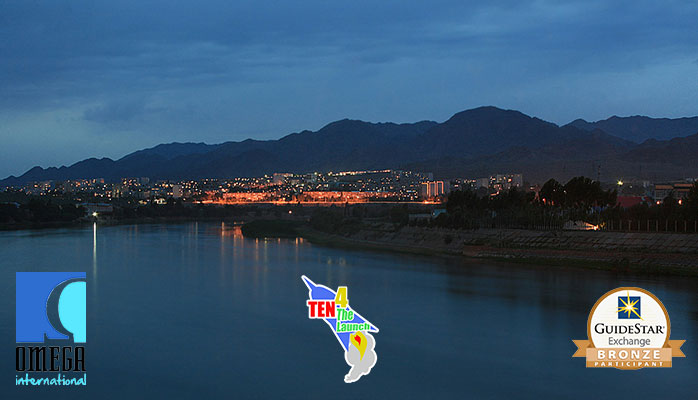
This content has been archived. It may no longer be relevant

Hospitality and Tourism
Few industries genuinely care for and benefit the society around them. For many, the concept of business as a socially conscious practice seems like an oxymoron. However, for the hospitality and tourism sector, this has the potential to become a reality.
The Hospitality Industry is different from any other in that it does not sell a previously made product, but instead the product is made in real-time as it is being sold. While, on the surface, a business may sell a room or a tour, the reality is that the industry thrives on the interactions of people. As such, the industry requires a large and dedicated workforce–many businesses take an additional step to hire many locals, fully immersing travelers in the region’s culture.
As these many locals are hired, trickle down economics quickly begins to take effect. Upon receiving payment from the hotel or business which they work for, employees then use this money to pay for rent, groceries, and other immediate necessities, feeding the money deeper into the local economy. It is estimated that this money can be exchanged three times before leaving the local economy, proving that tourism touches the lives of even those who are not directly involved in the tourism industry.
Additionally, it is worth noting that tourists also spend money outside of the travel industry. The more guests visit a destination, the more traffic there is to local business. Even restaurants or shops who do not try to become part of the industry may feel its effects.
Finally, most hotels include a steep tax on their room fees. This money, in turn, is used by the local government to continue to build infrastructure. Often times, when a destination grows rapidly in popularity, it does not have the necessary infrastructure to support the number of visitors. Over time, both the visitors and locals benefit from tax-funded transportation and sanitation projects.
Tourism can easily ignite a fire within the local economy. Not only do businesses in this industry create a wealth of jobs, but they also funnel money directly into the economy. The money spent at a hotel or travel business will benefit a region at least three times before making its way outside of the town or city. Additionally, the steep taxes on lodging easily fund developments in infrastructure which benefit not only visitors but also locals.
The Travel, Tourism and Hospitality Industry in the United States
According to Select USA, the travel and tourism industry in the United States generated nearly $1.5 trillion in economic output in 2013. This activity supported 7.8 million U.S. jobs, and accounted for more than 9 percent of all U.S. exports. One out of every 18 Americans is employed, either directly or indirectly, in a travel or tourism-related industry. In 2014, U.S. travel and tourism output represented 2.6 percent of gross domestic product.
Tourism in Central Asia
Central Asia needs hard, Western foreign currency and tourism is at the heart of their hopes. At the moment, the interest of the world is being drawn to the great trans-continental routes of the ancient world. The Great Silk Road is a rich tapestry of tourism destinations and products based on the unique and outstandingly rich heritage, nature, and traditions of the dozens of distinct histories, peoples and cultures all along the timeless route, now extending a warm welcome to visitors. The United Nations World Tourism Organization (UNWTO) initiated a long-term project to organize and promote the Silk Road as a tourism concept. 19 participating nations have come together and adopted the historic Samarkand Declaration on Silk Road Tourism and approved a special logo to be used by all the governments, organizations and private sector entities involved.
Forums and meetings have been held, and the participants adopted the Bukhara Declaration on Silk Road Tourism which stressed the benefits of sustainable tourism and outlined specific steps to stimulate cultural and ecological tourism to Silk Road destinations. UNWTO published a Silk Road Tourism brochure which was highly appreciated by the countries participating in the UNWTO Silk Road Project. This brochure presents a mosaic of tourism products, sites and attractions in the Silk Road region as a whole, with the objective of contributing to a better knowledge of its tourism potential.
The Launch
Omega International (Omega) functions as a resource-raising entity for various projects throughout Central Asia and is seeking funds from around the world to make these projects become reality. Omega has invested in the character of Central Asian people for over a decade to establish transformed nations that values peace and security. Our current project is The Launch, a self-sustaining social enterprise project creating a training center in Dushanbe, Tajikistan.
The Launch will empower people by equipping them with new skills including: Foodservice, Hospitality and Tourism Industry Skills; Educational, Conversational and Market Place Languages; and Entrepreneurial and Business Development Skills
For more information on how the hospitality and tourism industry can help change the world, contact us.
To give a tax deductible (USA) gift: DONATE NOW!


